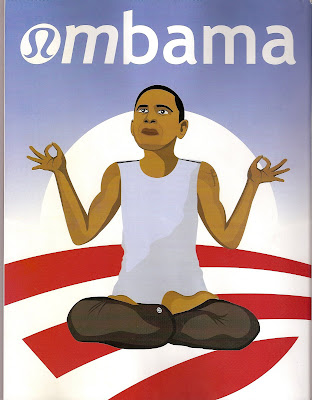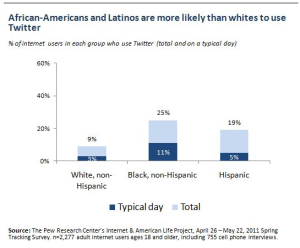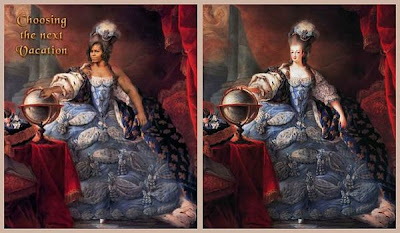So Facebook is going public. The circle is complete. Now Facebook users can invest in the company that turns them into the product being sold. The forthcoming IPO will no doubt lead to shareholder demands to become even more profitable by finding more ways to extract value out of it’s product… (e.g. you and me).

This is not an impossible task. There is so much more of ourselves that we could be sharing. Gary Wolf’s fantastic NYT article about the Quantified Self movement illustrates the ease with which we can collect data on ourselves. From miles run to pulse rate to mood, the ways in which we can “operationalize” ourselves are limitless. Social media has made this a norm. As one app designer put it:
“People got used to sharing,” says David Lammers-Meis, who leads the design work on the fitness-tracking products at Garmin. “The more they want to share, the more they want to have something to share.” Personal data are ideally suited to a social life of sharing. You might not always have something to say, but you always have a number to report.
This culture of sharing is personally rewarding in so many ways. But we just at the start of thinking about the negative consequences of accelerated sharing. What happens to those of use who want to be more judicious in what we share? The “to share or not to share” question” may be the most significant social question of the 21st century. Do we rush headlong into a sharing culture or do we resist it? As Gary Wolf’s article points out there is this great superficial collective itch that revealing satisfies:
When we quantify ourselves, there isn’t the imperative to see through our daily existence into a truth buried at a deeper level. Instead, the self of our most trivial thoughts and actions, the self that, without technical help, we might barely notice or recall, is understood as the self we ought to get to know.
This operationalization of the self provides as many challenges as it does benefits. In a book I’ve written about Facebook that will come out in July I argue that Facebook puts an undue stress on our desire to “know ourselves” through our symbolic interaction with those we “friend.” I want to offer a deeper concern — what happens to the “self we do not know” or even know we want to know? Anytime we make the self a subject, we’re drawn inward. We see the world “out there” through the lens of the interior, or the personal. But not everything is personal. Of course, we always see the world through our own eyes, but what I think accelerated sharing does is “wear grooves” into our being so that we have more difficulty standing outside of ourselves to see the objective world as it is. This undermines the possibility of seeing or imagining alternative notions of the self.







